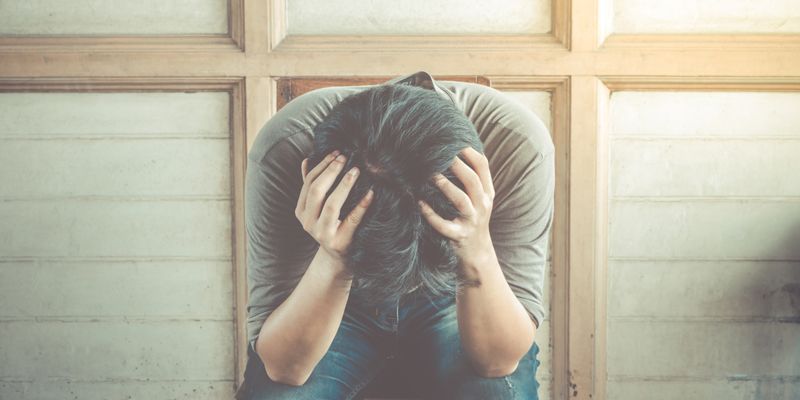
7 Simple Techniques for Coping with Anxiety
1. Acknowledge the Anxiety. Ignoring your anxiety might actually make you more anxious, especially if your physical symptoms increase. When you notice your anxiety, simply note the experience. Say something like “I am having some anxiety,” or “I’m feeling worried & am experiencing some dizziness.” These types of statements will help you tune into your physical & emotional experience of the anxiety and will prevent distorted thinking from making the anxiety worse (like saying “If I don’t get out of here I’m going to have a heart attack!”).
2. Tell Yourself “This Will Pass.” Because anxiety can feel distressing, people sometimes panic about the physical experience of anxiety. This panic can make anxiety symptoms worse. Learn to tell yourself that your anxiety will pass, and its intensity often changes. All emotional experiences have a beginning and an end. Remind yourself of a time when you had anxiety before and that the anxiety stopped.
3. Stay Away From Sugar & Caffeine. The effects of foods high in sugar and those with caffeine can mimic anxiety symptoms. If you’re already anxious, reaching for a cup or coffee or sugar snack will only magnify your symptoms! In a moment when experiencing anxiety never consume a sugary or caffeine laden food or beverage. If anxiety is a chronic problem for you, consider reducing your sugar and caffeine intake overall.
4. Bring Yourself Back to the Moment. Anxiety can often cause you to wander down the scary “what-if” road. For instance, “What if I mess up my presentation & loose my job…What if I have a heart attack…What if he/she leaves me because she thinks I’m crazy!” Reign in these exaggerated frightening hypothetical thoughts about the future by staying present. Staying in the moment will also help you to tune into what is happening in your body when experiencing anxiety.
5. Imagine a Calm, Safe Place. The calm safe place can be imaginary or somewhere real. If you happen to be outside when you’re experiencing anxiety tune into calming stimuli around you. For instance pay attention to the trees, their color, their smell, the animals in the trees, sound of birds chirping, etc. Carry a photo of a calming place with you in your wallet or phone for reference. Imaging a calm safe place will redirect your attention from your anxiety to a relaxing stimuli. Download relaxing music or sounds to your phone (there are many apps for phones are designed to play relaxing sounds).
6. Focus on Your Breath. You may notice that when you’re anxious your breath changes. Breath rate usually becomes quicker and more shallow, sometimes causing hyperventilation. When anxious try taking slow, deep belly breaths to tap into your body’s natural ability soothe an activated nervous system.
7. Get Moving. Exercising when feeling anxious can help to discharge extra adrenaline and nervous energy. If you’re in a situation where you are unable to exercise (like at work for instance) even taking a five-minute walk or stretching could be helpful. Exercising on a regular basis is also an excellent way to manage and prevent anxiety. Many people with chronic anxiety notice a significant decrease in their symptoms when they are able to exercise on a regular basis.
In-Person and Online Consultations


